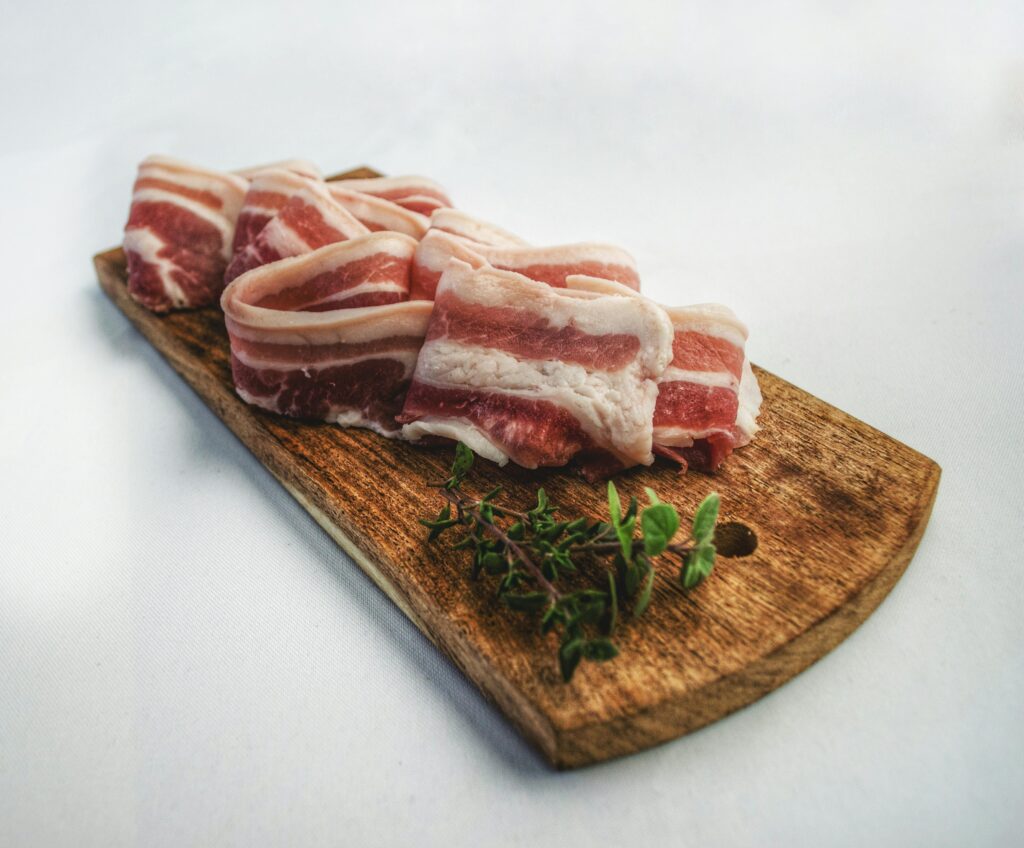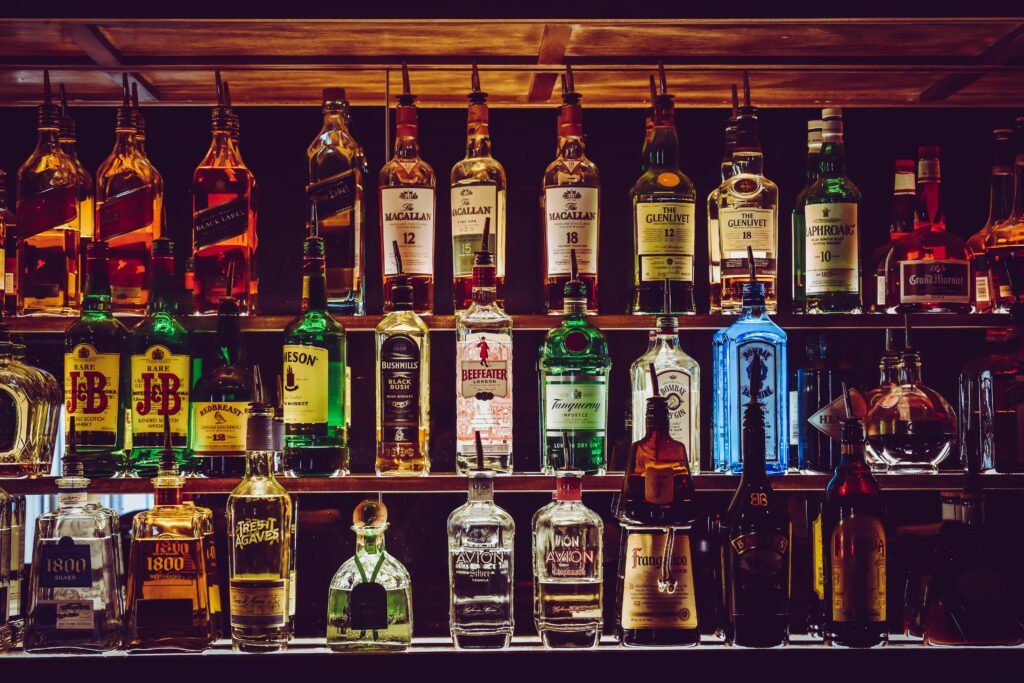Table of Contents
Foods That Are Haram: Introduction
The Islamic dietary laws govern the consumption of food and beverages by Muslims. These laws categorize foods that are haram (forbidden) or halal (permissible). This article will provide an in-depth understanding of haram foods and their significance in the Islamic faith. We will also discuss how to identify and avoid haram foods in everyday life.
Definition of Foods that are Haram
Haram foods are those that are explicitly prohibited by the Quran and the teachings of the Prophet Muhammad (PBUH). These foods are considered impure, unhealthy, or harmful, and consuming them is a sinful act in Islam.
Common Haram Foods
There are several types of foods and beverages that are considered haram in Islam. Here, we will discuss some of the most common haram foods.
Pork and its derivatives
Pork and all products derived from it, such as bacon, ham, and sausages, are strictly forbidden in Islam. This prohibition is due to the impure nature of pigs and their unhealthy living conditions.
Alcohol
Alcoholic beverages are haram because they intoxicate and impair a person’s ability to think and act rationally. Consuming alcohol is explicitly forbidden in the Quran, and it is considered a major sin in Islam.
Blood and blood products
The consumption of blood and blood products is prohibited in Islam. This includes not only drinking blood but also eating meat that has not been properly drained of its blood.
Carrion
Carrion, or dead animals that have not been slaughtered according to Islamic guidelines, are considered haram. This includes animals that have died due to disease, strangulation, or other causes.
Animals not slaughtered in the name of Allah
For an animal to be considered halal, it must be slaughtered in the name of Allah, and specific guidelines must be followed during the process. If an animal is not slaughtered according to these guidelines, its meat is considered haram.

Haram Ingredients in Processed Foods
In addition to the common foods that are haram, there are various ingredients found in processed foods that can also be considered haram. Let’s take a look at some of these ingredients.
Gelatin
Gelatin is a protein derived from the collagen of animal tissues, often from pigs or non-halal sources. It is commonly found in products such as marshmallows, gummy candies, and some pharmaceuticals.
Enzymes
Enzymes are proteins that can be derived from haram sources, such as pork or non-halal animals. They are often used in the production of cheese, bread, and other processed foods.
Emulsifiers
Emulsifiers are substances that help mix oil and water-based ingredients in food products. Some emulsifiers, like mono- and diglycerides, can be derived from haram sources, such as pork or non-halal animals. They are often found in ice cream, baked goods, and other processed foods.
Flavorings and Colorings
Certain flavorings and colorings may be derived from haram sources, such as alcohol or non-halal animals. These ingredients can be found in a wide range of processed foods, including candies, beverages, and snacks.
Misconceptions About Haram Foods
Many people mistakenly believe that haram foods are only those that are explicitly mentioned in the Quran or the Hadith. However, it is essential to understand that any food or beverage that contains haram ingredients or is processed using haram methods is also considered haram.
Importance of Avoiding Haram Foods
Avoiding haram foods is an essential aspect of practicing Islam, as consuming them is a sinful act. Consuming haram foods can lead to spiritual impurities and distance a person from Allah. Additionally, many haram foods are also considered unhealthy, and avoiding them can lead to better physical health.
Strategies for Identifying and Avoiding Haram Foods
To ensure that the foods you consume are halal, consider the following strategies:
- Educate yourself on the various haram ingredients and methods used in food processing.
- Read product labels carefully and look for halal certification.
- Choose products from reputable halal brands.
- When dining out, ask the restaurant staff about the ingredients and preparation methods used in their dishes.
- When in doubt, opt for vegetarian or vegan options, as they are less likely to contain haram ingredients.
Foods That Are Haram: Conclusion
Understanding the concept of haram foods is crucial for Muslims, as it helps them adhere to their faith and maintain a strong connection with Allah. By educating oneself on the various haram foods and ingredients, and adopting strategies to identify and avoid them, Muslims can ensure that their diet aligns with the teachings of Islam.
FAQs
1. Are all seafood items considered halal?
While most seafood is considered halal, some Islamic scholars believe that certain types, such as shellfish, are not permissible. It is best to consult your local Islamic authority for guidance on this matter.
2. Can Muslims consume foods that are prepared by non-Muslims?
Muslims can consume foods prepared by non-Muslims, as long as the ingredients and preparation methods used are halal.
3. Are all vegetarian and vegan foods considered halal?
While most vegetarian and vegan foods are considered halal, it is essential to ensure that they do not contain any haram ingredients or have been processed using haram methods.
4. How can I ensure that the meat I consume is halal?
To ensure that the meat you consume is halal, purchase it from a reputable halal-certified supplier, and ensure that the animal was slaughtered according to Islamic guidelines.
5. Are all medicines and supplements considered halal?
Not all medicines and supplements are halal, as some may contain haram ingredients, such as gelatin or alcohol. It is essential to consult with a healthcare professional or Islamic authority to determine the halal status of specific medications or supplements.

